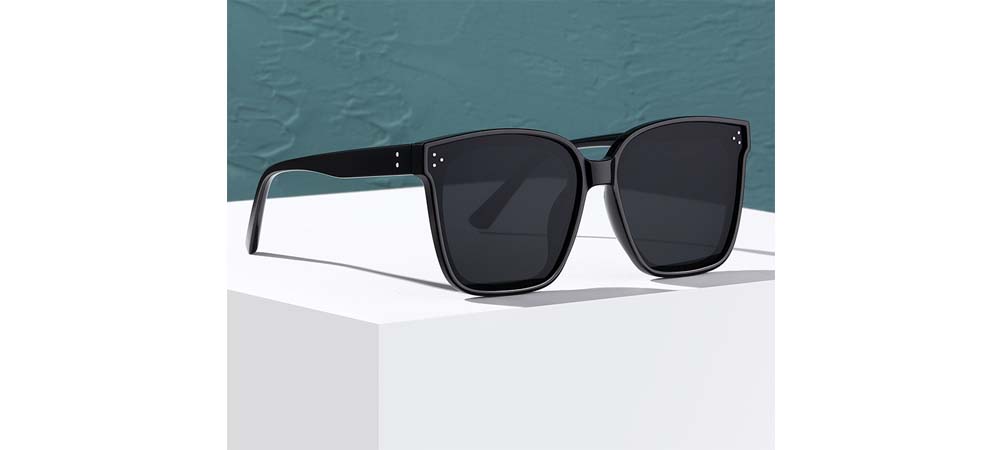Sunglasses Are Not Recommended For the Following Groups of People
Sunglasses have become a very important accessory in our everyday wardrobe, from fashion street snaps to hip hop, outdoor sports, beach vacations, and so on.But there are some people who are not necessarily free to wear it.

Population 1: Children under 6 years of age
In children under 6 years of age, all organs of the body are not fully developed, and wearing them at this time may affect visual clarity and cause slight amblyopia.
You may think that the wear is to protect your eyes, but you also think that the darker the color, the larger the pupil is because the lens is blocking it, which increases the amount of light that gets into your eyes.But because it has a higher transmittance of ultraviolet light than visible light, it can cause serious eye damage in children, leading to diseases such as keratitis and cataracts.
In order to use the eyes for children's health, try to wear them after the age of 7, and choose the lens color according to the depth of the pupil color of the lens can be seen, and the wearing time should not be too long.
Population 2: patients with glaucoma
Glaucoma is a group of diseases characterized by atrophy and depression of the optic nipple, visual field defect and visual acuity decline. Increased pathological intraocular pressure and insufficient blood supply to the optic nerve are the primary risk factors for the onset of glaucoma. The tolerance of the optic nerve to pressure damage is also related to the occurrence and development of glaucoma.
People with glaucoma need strong light, and when they wear glasses, the light decreases, the pupils dilate, the pressure in the eye increases, and the eyes become painful and dangerous.

People 3: color blind/color weak
It is congenital color vision disorder, patients usually can not distinguish a variety of colors in the natural spectrum or a certain color, and color deficiency and color blindness are similar but different is the ability to recognize color is slow.And wearing glasses is undoubtedly a burden to the patient, more difficult to identify the color.
Crowd 4: Night blindness
Night blindness, commonly known as "finch blindness", is a medical term referring to the condition of being unable to see clearly or completely and having difficulty moving in a dim light environment during the day or at night.Wear sunglasses, the light dimmed, will cause vision loss.


